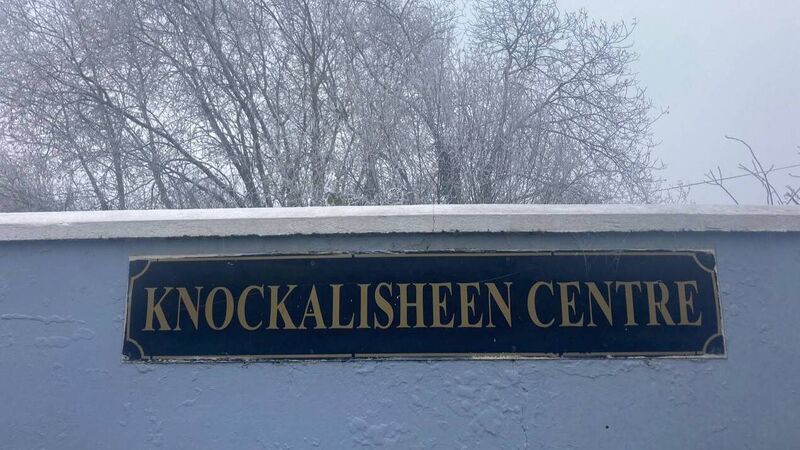Hiqa inspection finds pests and overcrowding in asylum seeker accommodation centres

During the Hiqa inspection, there were 52 residents living in the tented part of Knockalisheen Centre. File picture: David Raleigh
A child asylum seeker had to be hospitalised following the presence of pests, according to the latest inspection reports on asylum seeker accommodations in Ireland.
The reports also found the living conditions of male asylum seekers in tents in a centre in Co Clare posed “potential risks to their health, safety and welfare.”










